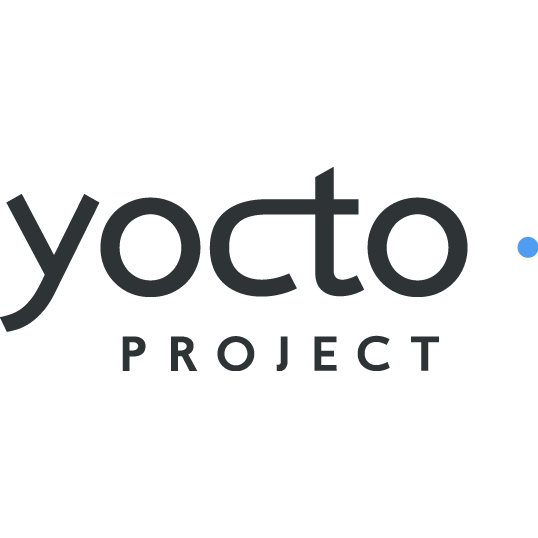VAR-SOM-MX6: Difference between revisions
From Variscite Wiki
No edit summary |
No edit summary |
||
| Line 26: | Line 26: | ||
|content=<nowiki></nowiki> | |content=<nowiki></nowiki> | ||
===Getting Started=== | ===Getting Started=== | ||
*[[VAR-SOM-MX6 Linux GS|Linux support]] | |||
===Release Notes=== | ===Release Notes=== | ||
*[[link|caption]] | |||
}}<nowiki> | }}<nowiki> | ||
</nowiki>{{DocBox|boxwidth=17|system=Ubuntu | </nowiki>{{DocBox|boxwidth=17|system=Ubuntu | ||
|content=<nowiki></nowiki> | |content=<nowiki></nowiki> | ||
===Getting Started=== | ===Getting Started=== | ||
*[[VAR-SOM-MX6 Ubuntu GS|Ubuntu Linaro]] | |||
===Release Notes=== | ===Release Notes=== | ||
*[[link|caption]] | |||
}}<nowiki> | }}<nowiki> | ||
</nowiki>{{DocBox|boxwidth=17|system=Yocto | </nowiki>{{DocBox|boxwidth=17|system=Yocto | ||
|content=<nowiki></nowiki> | |content=<nowiki></nowiki> | ||
===Getting Started=== | ===Getting Started=== | ||
*[[VAR-SOM-MX6 Yocto GS|Yocto V4.1 Dora R2]] | |||
===Release Notes=== | ===Release Notes=== | ||
*[[link|caption]] | |||
}}<nowiki> | }}<nowiki> | ||
</nowiki>{{DocBox|boxwidth=16|system=Windows | </nowiki>{{DocBox|boxwidth=16|system=Windows | ||
|content=<nowiki></nowiki> | |content=<nowiki></nowiki> | ||
===Getting Started=== | ===Getting Started=== | ||
*[[VAR-SOM-MX6 Windows GS|Windows Get Started]] | |||
<br/> | |||
[[file:WindowsPartner.jpg|100px|center]] | |||
}}<nowiki> | }}<nowiki> | ||
</nowiki>{{DocBox|boxwidth=16|system=Android | </nowiki>{{DocBox|boxwidth=16|system=Android | ||
|content=<nowiki></nowiki> | |content=<nowiki></nowiki> | ||
===Getting Started=== | ===Getting Started=== | ||
*[[VAR-SOM-MX6 Android GS|Android JB 4.2.2 110 r2 Developers Guide]] | |||
===Release Notes=== | ===Release Notes=== | ||
*[[link|caption]] | |||
}} | }} | ||
}} | }} | ||
Revision as of 15:51, 15 January 2014
VAR-SOM-MX6
Supporting the i.MX 6 Quad/Dual/DualLite/Single, the VAR-SOM-MX6 allows designers to use a single System on Module in a broad range of applications to achieve short time-to-market for their current innovations, while still accommodating potential R&D directions and marketing opportunities. This versatile solution’s -40 to 85 °C temperature range and Dual CAN support is ideal for industrial applications, while 1080p video and graphics accelerations make it equally suitable for intensive multimedia applications.
Linux
Ubuntu
Yocto
Windows
Android
Specs summary
| CPU | Freescale MX6 |
| Memory | Up to 2GB 800MHz DDR3 |
| GPU | Vivante™ 2D/3D Graphics acceleration |
| Display | {{{display}}} |
| Storage | {{{storage}}} |
| Network | {{{net}}} |
| One-Wire | {{{wire}}} |
| CAN bus | {{{can}}} |
| UARTs | {{{uart}}} |
| USB | 1 x OTG , 1 x Host |
| Audio | Yes |
| Temperature Range | -40° to 85° C |
| Dimensions | {{{dim}}} |





